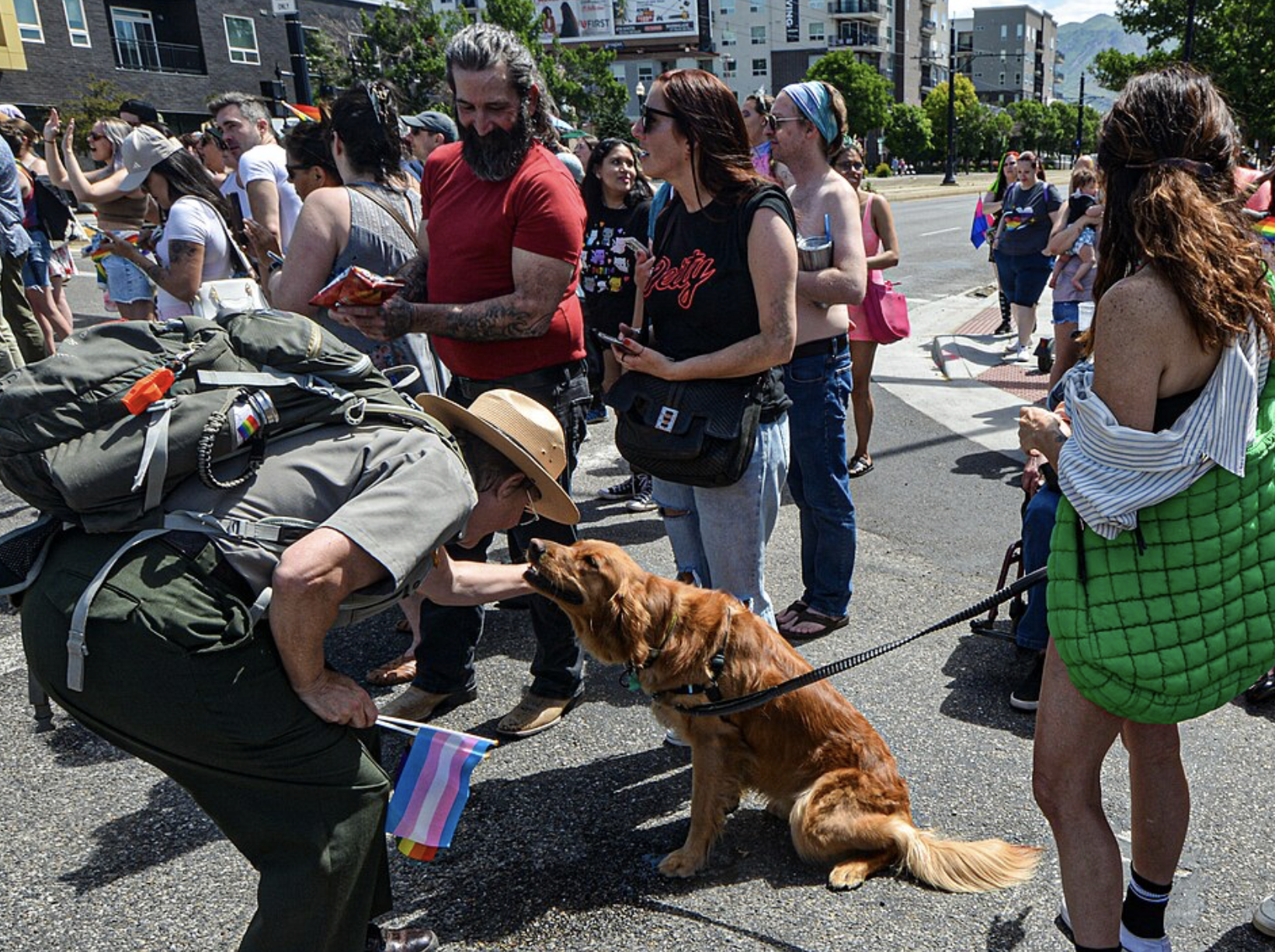Credo
What if we could as a small community say something together about what we value and what we hope for. And largely avoid the metaphysical stuff.

At some point, way back, Christians came to think that a statement beginning with “I believe” (in Latin, credo) was important. Even very important.
Though not way, way back. Not in the first or second century. Recent historical work indicates that there was a great deal of diversity in the early Jesus movements. And historians say movements plural, to underline the diversity.
That said, they were all part of the big tent of Judaism, all looked to Jesus as their exemplar, and all deviated from the Empire’s class and race hierarchy in order to form small communities of belonging.
But at some point, the idea of a common statement of belief became popular. And then, particularly in the 4th centurywhen the Empire and the Church joined hands, it became political. Namely theEmperor saw it as a means to unify. And, in the fine print, to exclude.
None of this happened quickly. The earliest evidence we have of the Apostles creed is 341 CE. The Nicene-Constantinopolitan Creed, commonly referred to as the Nicene Creed, was written in 325 CE and then amended in 381 CE. And the oldest surviving manuscripts of the Athanasian Creed date from the late eighth century.
It’s worth noting that all these three approved creeds focus on metaphysics and give very little detail about the earthly Jesus, save that he was born and died. So there’s virtually nothing about his teaching, his healing, or his politics. Nothing about his values. And therefore nothing in these creeds about vision, and the actions needed to bring such vision to pass.
These creeds are all about right beliefs, not right actions. These creeds are all about assenting to beliefs about the nature of God.They are not about dissenting from the politics of power that keep the poor in poverty and the privileged in privilege. There’s nothing that would upset an emperor, though with an emperor you can never be sure.
It’s also worth noting that these creeds unfortunately didn’t come with an expiry date, although at some point the Athanasian has slipped into obscurity. So, in many churches today these strange credos are still recited, and it’s still assumed that those reciting know what they’re saying and assent.
And lastly its worth noting, regardless of knowing their history and meaning or not, these creeds have been used as boundary markers. Namely, if you assented you were a believer, accepted by the Church (and it’sGod of course), and probably assured of a heavenly ticket. But if you didn’t, well you were an outsider, an unbeliever, infidel, maybe even a heretic. So, creeds mattered.
After reciting these things, particularly the Nicene, for some 40+ years of my life, I decided to stop. It wasn’t that I thought a lot of it was theological nonsense. Because there are a lot of things the Church says that are theological nonsense! And it wasn’t because there was no social-political vision and values enunciated. The Church, particularly in the last fifty years, has other vocal ways of aligning with those in poverty and annoying the powerful. No, I decided to stop, because I was tired of being complicit in fencing some people in and some out, of judging people on the basis of a 4th century theological statement.
So, I went silent. And churches where I had a deciding say in liturgy didn’t recite a creed. And, somewhat strangely, nobody seemed to aeither notice or mind. I received no stern letters from anyone – parishioners, opponents, presbyteries, or bishops. And some 15 years have gone by.
But then I wondered, what if we could as a small community say something together about what we value and what we hope for. And largely avoid the metaphysical stuff. (Isn’t everything about God kind of guess-work anyway?)
So, write some affirmations of our lived faith and actions. About how we treat others, and treat the earth. And what we dream the future to be. Some affirmations that will be time-bound, specific even to a place, and certainly not something that will ever be used as a litmus test for right belief. Begin it with “I believe” rather than “We believe,” thus signalling everyone belongs whether they recite this credo or not.
So I got to work, and for the last year experimented with writing different credos and, given the positive feedback, will continue to do so.
Here’s one such effort:
I believe in the power of the heart.
I believe that in giving and receiving,
in little kindnesses and forgiveness,
in the embrace and challenges,
found among whānau and communities of friends,
our hearts are strengthened and softened.
A soft heart is a strong heart.
I believe that courage comes from the heart.
When a person speaks up for goodness’ sake,
to defend another, to question the powerful,
to speak out rather than be assumed to consent,
and to stand alongside all who are suffer injustice,
they have put on the korowai (cloak) of faith.
A brave heart cannot remain silence.
I believe that love is nurtured in the heart.
I believe that justice is inseparable from love.
I believe that generosity is inseparable from love.
I believe that hospitality is inseparable from love.
I believe that the willingness to put on the shoes of another,
and experience something of their life, reality, and pain,
is inseparable from love.
And I believe God is inseparable from such love.
Blessings,
Glynn

(Photo: Courtney Milne)




